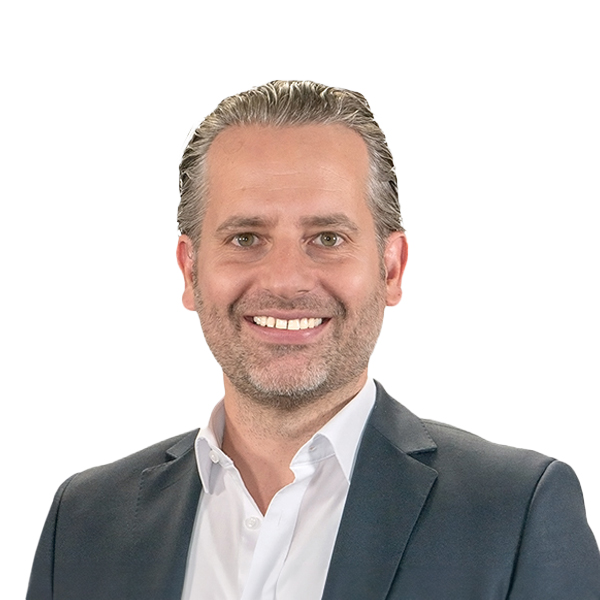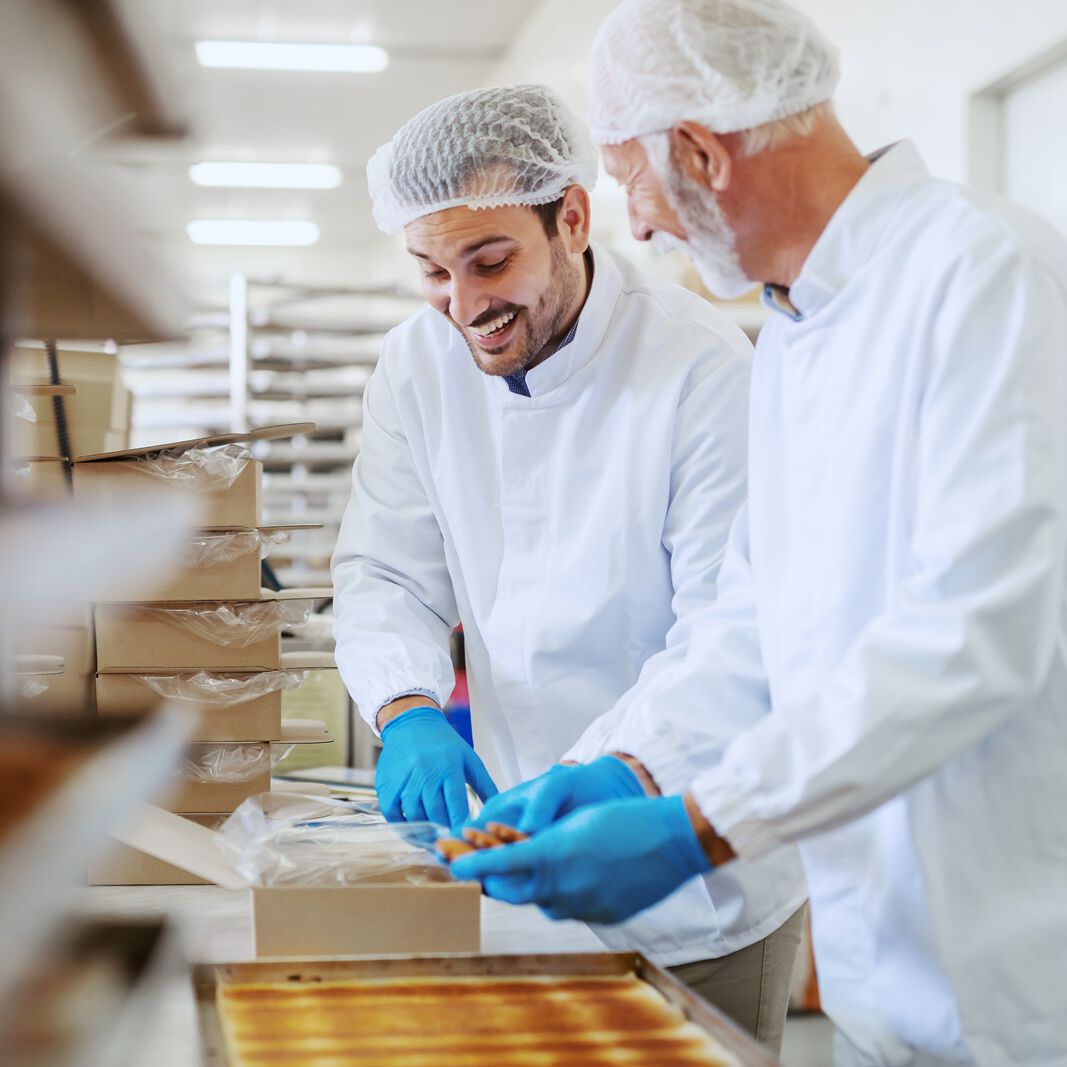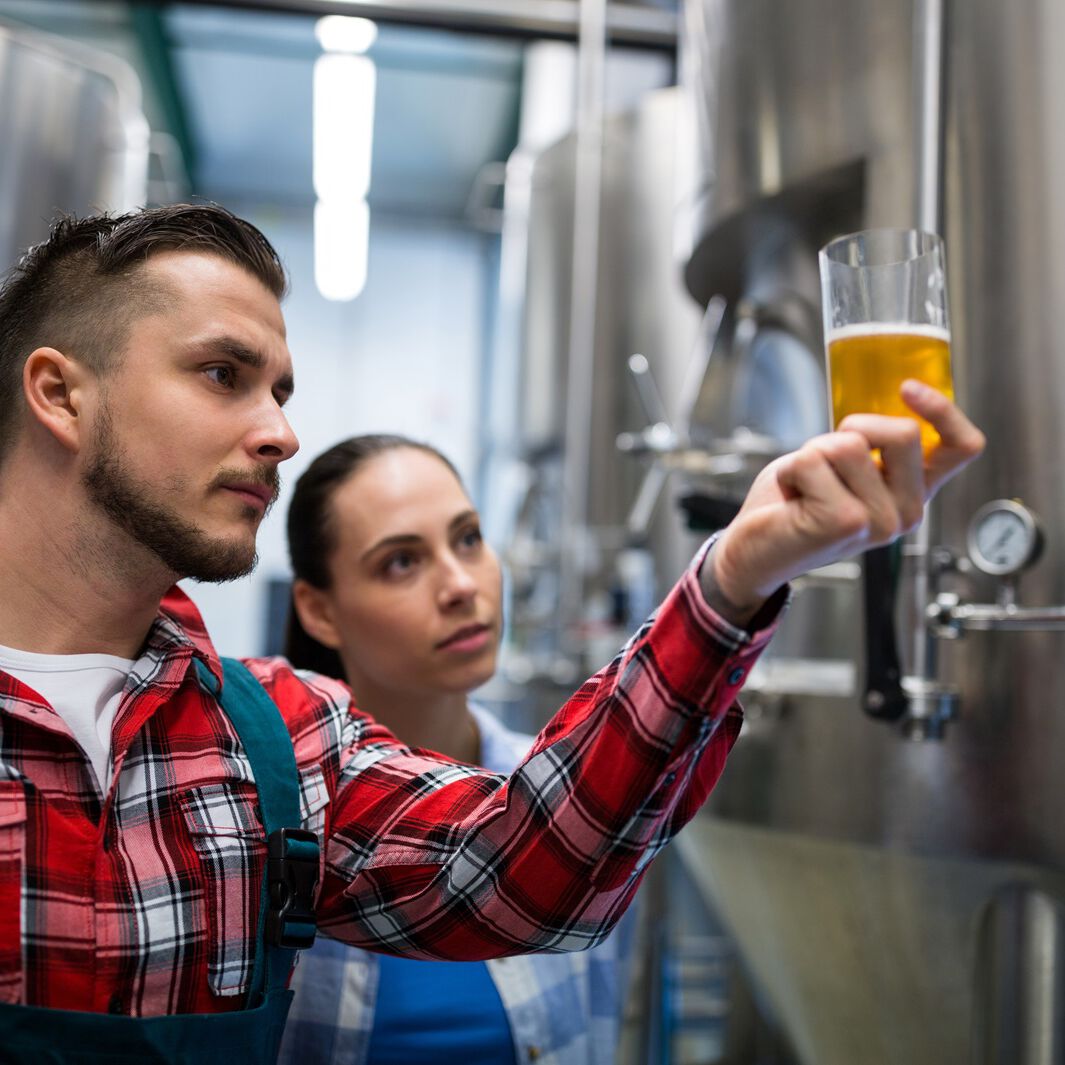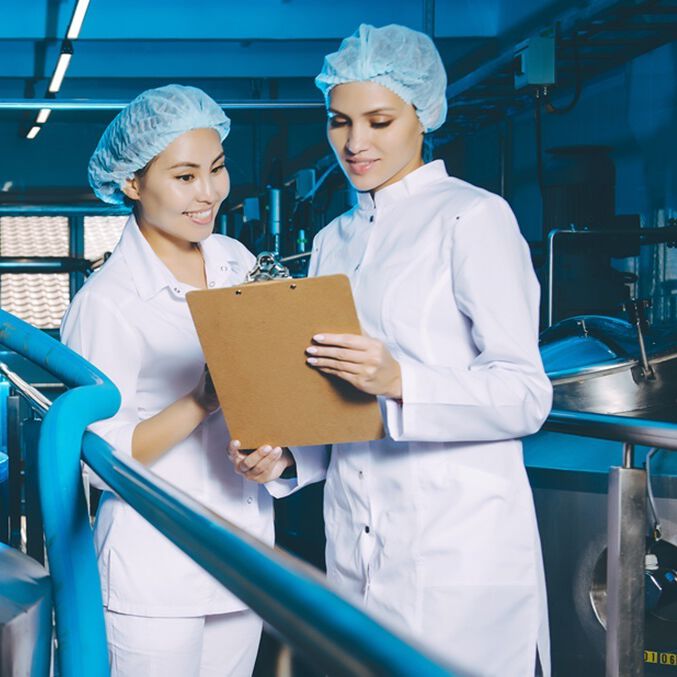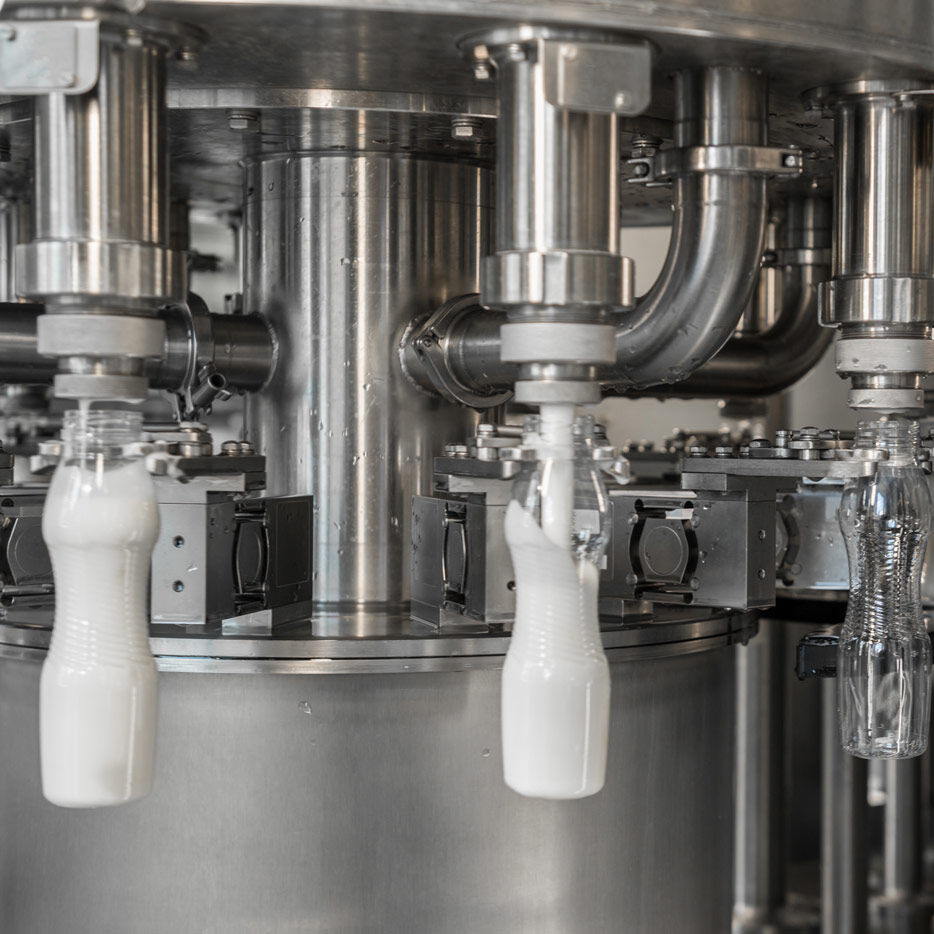SUSTAINABILITY IN THE FOOD INDUSTRY
Sustainable and resource-friendly food & beverage production
Ensuring sustainable production in the food and beverage industry must be considered from different perspectives. These include avoiding negative ecological and social effects throughout the entire supply and production chain, regional procurement and production, comprehensive transparency about ingredients, economical use of resources and energy, and the recyclability of packaging.
Taking these factors into account is not just an economic necessity. Sustainability is one of the most important purchasing criteria, particularly in the food and beverage industry, and is also subject to dynamic and demanding national and international regulations. The development of an integrated sustainability strategy and its implementation in organization, processes, research and supply chain management is therefore a central strategic task.
EFESO's comprehensive portfolio of solutions ensures that companies in the food and beverage industry can implement ambitious sustainability strategies with confidence:
- Strategy: conception, operationalization and implementation of approaches to reduce the environmental impact of manufacturing and logistics and to increase resource efficiency in production.
- Transparency and traceability: recording the CO2 footprint, implementing key performance indicator systems and data-supported simulation and optimization approaches, and ensuring the traceability of the origin and manufacturing conditions of products and raw materials throughout the entire value chain.
- Resource-efficient production: development of footprint, production and logistics concepts to increase resource efficiency in production and avoid waste of raw materials and products by introducing efficient manufacturing, portioning and packaging concepts.
- Circular economy: exploiting efficiency and cost-cutting potential and improving the ecological footprint through re-manufacturing and re-use concepts as well as the introduction of a product development philosophy geared towards the entire product life cycle.
- Culture and skills: promoting a sustainability-conscious corporate and work culture and building skills with regard to the potential of the circular economy.
SUSTAINABILITY –
Successfully achieving ecological and social targets and utilizing the potential of the circular economy
Further solutions for the food & beverage industry

